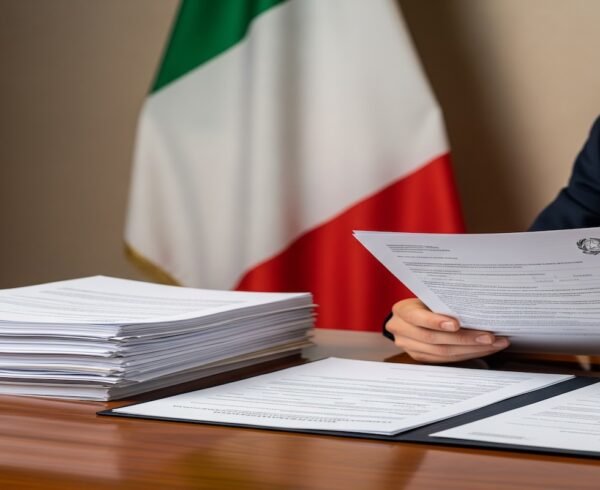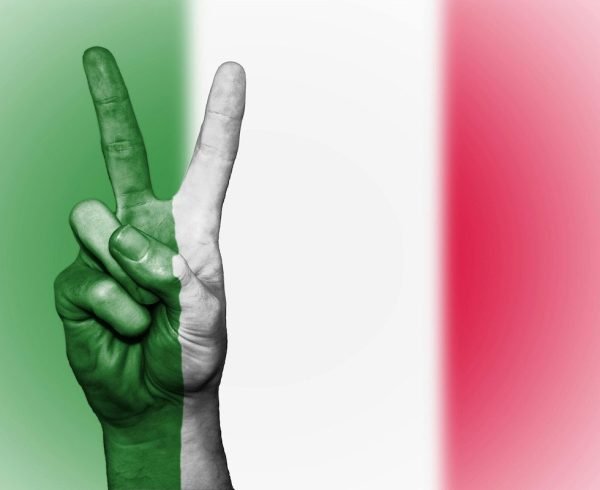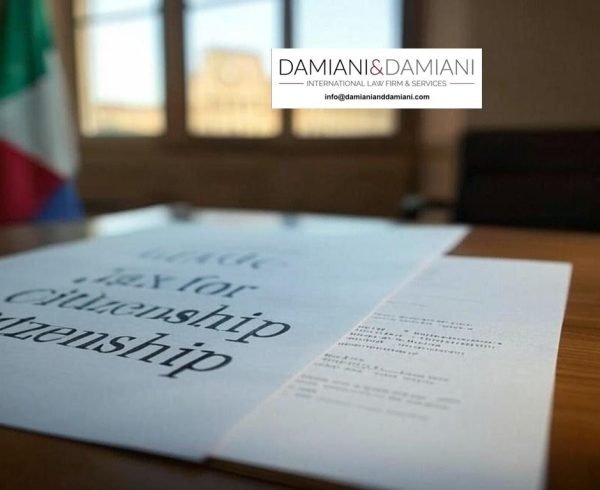A bolt from the blue for thousands of descendants of Italians worldwide.
On March 28, 2025, the Italian Government issued, as an emergency procedure, a decree-law (n. 36/2025) that dramatically modifies law no. 91/1992 on Italian citizenship. The measure, published in the Official Gazette with immediate effect, took by surprise lawyers, families, and hundreds of citizens awaiting recognition of their citizenship iure sanguinis, particularly in the United States, where demand is currently extremely high among descendants of Italian emigrants.
According to attorney Irene Damiani of Damiani & Damiani International, not only does the new regulation radically change the criteria for the transmission of citizenship, but it also retroactively applies a statute of limitations – set at March 27, 2025 – beyond which applications are automatically rejected, even if ready for submission.
What Changes with Decree-Law 36/2025?
Effective from March 29, 2025:
- Italian citizenship by birth from Italian citizens (iure sanguinis) will only be recognized up to the second generation: therefore, to the direct grandchildren of an Italian citizen born in Italy.
- Great-grandchildren (third generation) can access citizenship only if the parent was born in Italy or resided in Italy for at least two years before the child’s birth.
- Appeals filed after March 27, 2025, are automatically considered overdue and unfounded by law, regardless of the fact they had been prepared before the publication of the decree.
- The use of evidence such as oaths or testimonies in legal proceedings relating to Italian citizenship is prohibited, contradicting established principles of civil law.
Constitutional and Legal Critical Issues Highlighted by Studio Damiani & Damiani
Ms Irene Damiani, in her communication to clients, highlighted serious legal critical aspects of the new regulation:
- The decree derogates from already repealed rules, creating antinomies.
- It applies retroactively, limiting rights already acquired.
- It penalizes citizens who had already expressed their intention to submit the application decades ago.
- The prohibition of evidence (testimonies and oaths) violates the right to defense guaranteed by the Constitution.
- The entire decree appears to have been approved without democratic debate, in a government session focused on a different issue (Italy’s detention centers in Albania), while the bill on citizenship was already under consideration by the Parliamentary Commission on Constitutional Affairs.
A Regulation Issued Without Notice and With Devastating Effects
The decree, approved during a Council of Ministers session with a different item on the agenda, had been kept confidential until its official publication. This prevented law firms from anticipating the filing of appeals, making most applications automatically inadmissible overnight.
An Open Scenario: 60 Days to Change the Rules
According to the Italian legal system, a decree-law must be converted into law within 60 days, otherwise, it lapses retroactively. This opens a window of opportunity:
- Appeals filed now might be considered valid if Parliament does not convert the decree, or converts it with amendments.
- In this case, applications currently deemed “late” would become valid if submitted before the eventual conversion law.
Opinion: A Decree That Discriminates and Limits the Right of Return
This decree is not just an administrative tightening, but an infringement to the rights of Italian descendants worldwide. The principles of ius sanguinis, although controversial in certain contexts, constitute a historical and legal connection to Italy.
Retroactively amending the law without transition or notice, affecting those who have already started the process, undermines trust in the rule of law and penalizes citizens of Italian origin for the inefficiency of the State itself.
A moral and legal responsibility now falls onto Parliamento, to review or reject the decree, to ensure justice and regulatory consistency.
If you have started your citizenship process iure sanguinis and want to know if you can still appeal, contact Damiani & Damiani Law Firm immediately

















